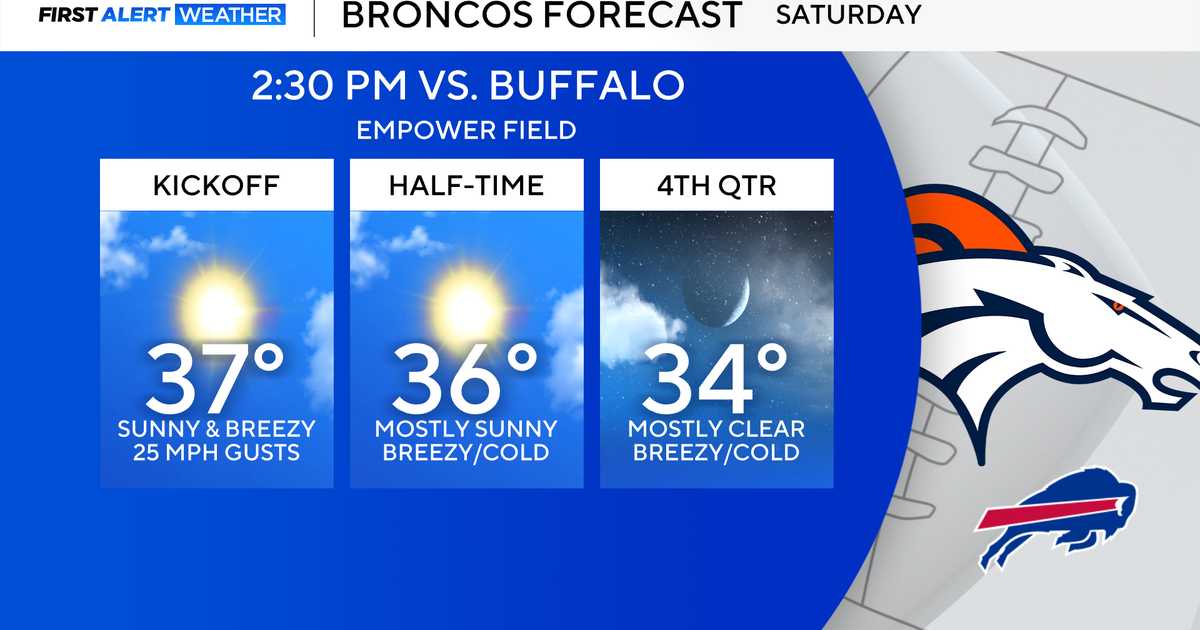U.S. added 336,000 jobs in September, blowing past forecasts
The U.S. economy created 336,000 jobs last month, with the surprisingly hefty increase showing a willingness by employers to continue hiring in the face of high interest rates and uncertain economic outlook.
The blowout number proved nearly double economists' expectations of 170,000 new jobs in September, according to a survey by FactSet.
The strong payrolls number was also coupled with upward revisions to prior months, with July and August combined adding 119,000 more jobs than last reported, the U.S. Labor Department said Friday.
"Payrolls surprised to the upside in September, and the prior two months were revised up, signaling solid positive momentum in net job growth," Rubeela Farooqi, chief U.S. economist at High Frequency Economics, said in a report.
The jobless rate held steady at 3.8% in September, the government also reported.
Employment across a range of service-related industries swelled in September, with robust increases seen in leisure and hospitality, government, health care, professional and technical services and social assistance.
The September hiring report arrives with a Federal Reserve closely parsing economic data to determine whether the central bank should raise its benchmark rate again this year.
"The more important message from the jobs report is that the economy still appears able to absorb strong job gains without generating higher wage inflation," JPMorgan's David Kelly and Stephanie Aliaga told investors in a report.
Robust job growth
Job growth has stayed strong even amid high inflation and with the Fed raising interest rates at their fastest pace in four decades.
"This strong jobs number, allied with the rise in job openings in August and recent upward revisions to estimates of the cushion of excess household savings, point to upside risks to the near-term U.S. economic outlook," Brian Coulton, chief economist at Fitch Ratings, said in an email. "The labor market is not going to cool with job growth continuing at this rapid pace. This will keep upward pressure on wages, making it more likely that the Fed has further to go in raising interest rates."
The Fed is keeping close watch on worker pay because excessively wage strong growth can feed into inflation. Average hourly earnings eased in August, the labor report showed. Wages have risen 4.2% over the past 12 months to $33.88 an hour, keeping ahead of inflation, which in August rose an annul rate of 3.7%.
Slightly up ahead of the report, U.S. stock futures fell in its wake, with S&P 500 futures down about 1%.
—The Associated Press contributed to this report.





